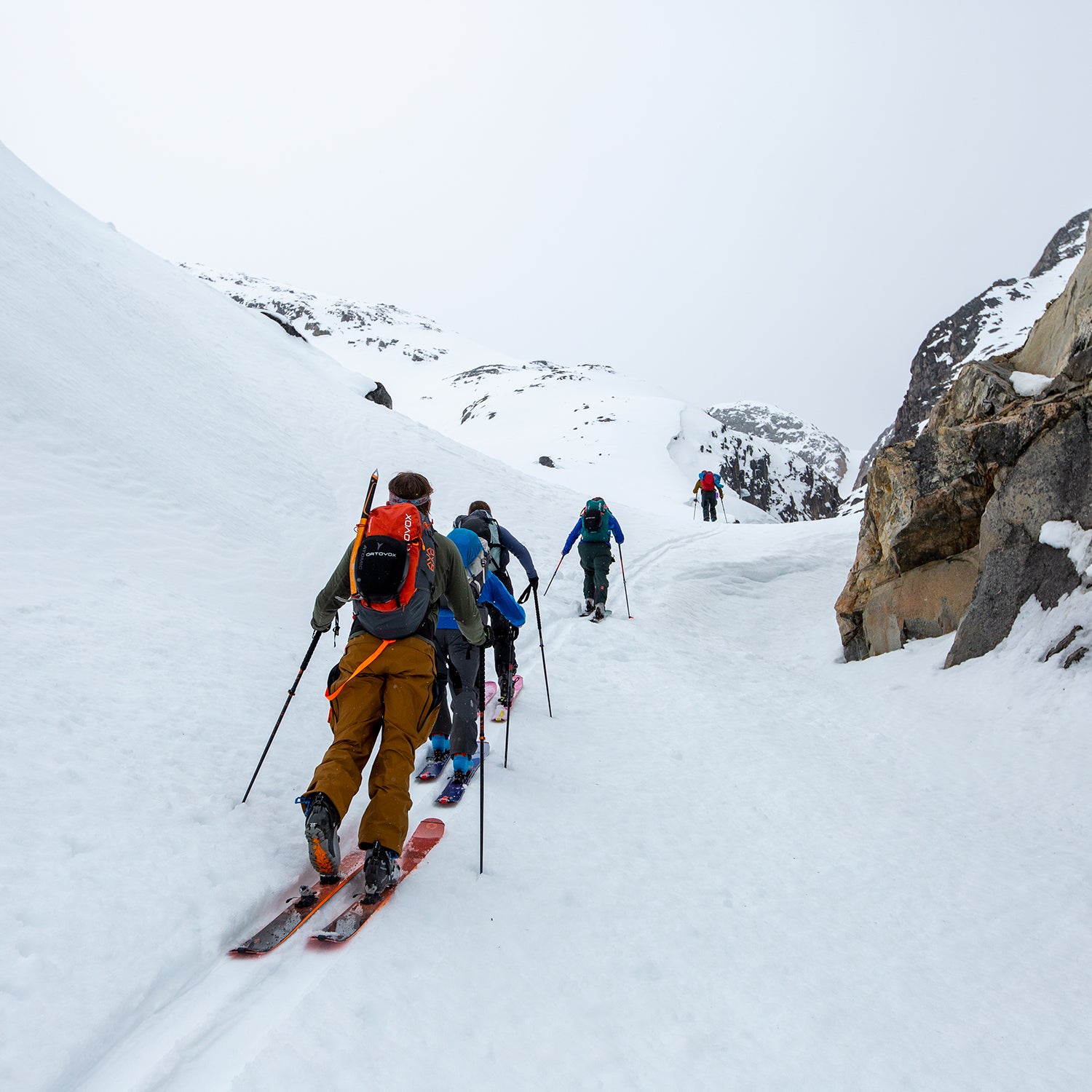When it comes to kitting yourself out for cold-weather sports, there are many big-ticket gear items to consider—puffies, , skis, waterproof hikers. No doubt, these are the shiny, splurge-worthy items we obsess over. But a successful trip to the mountains also boils down to the little things that you forget about until there’s water spilled inside your tent on a sub-freezing night or one of your gloves goes sailing off the side of a ridgeline. Everyone who adventures outside in the winter has at least one of these “safety blanket” items in their packs. Here are ours.
The Gear Fix
Sign up for our gear e-mail newsletter for in-depth reviews, first impressions, industry news, and pro DIY tips.Pack Towel
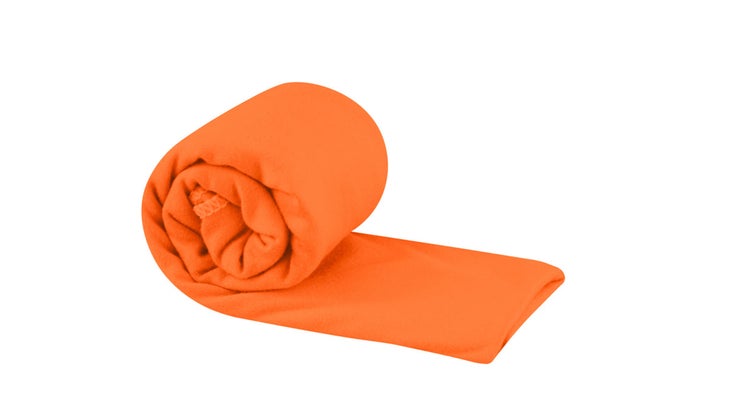
A few years ago, during a January circumnavigation of Oregon’s Crater Lake, my group got caught in a freak snowstorm. The sun was starting to dip near the horizon and temps hovered in the teens as flakes started to fly, so I set up my bag and pad and prepared to hunker down. In the process, I accidentally knocked over my insulated vessel, which wasn’t fully seated. It made a wet—and then icy—mess of all the gear in its vicinity (including my sleeping bag). Since that day, I’ve been a militant pack-towel convert, even during cold-weather trips when swimming or water-bottle showering is off the table. — Benjamin Tepler, Hike and Backpack Gear Editor
Extra Gloves
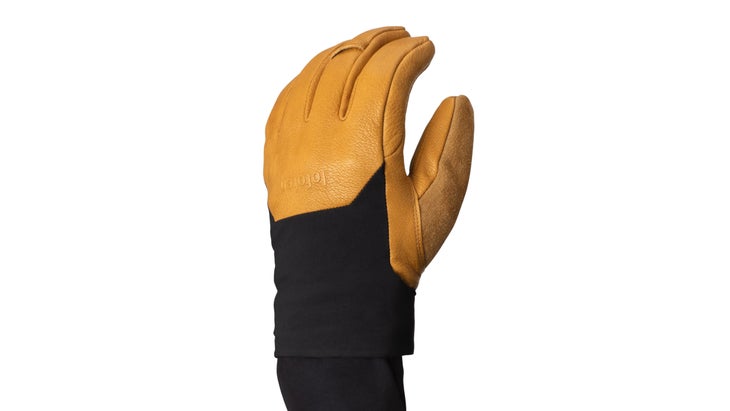
Cold fingers are more than just uncomfortable; they can be downright dangerous—especially if you’re on a backcountry ski tour or a snowy hike six miles from the car. So I always have spare insulated, waterproof gloves with me. They live in my backcountry pack all season long, ready to deploy in case I forget the pair I actually plan to wear, the ones I’m using get soaked, or one of my ski partners forgets theirs. — Jenny Wiegand, Gear Guide Managing Editor
Ultralight Rain Shell
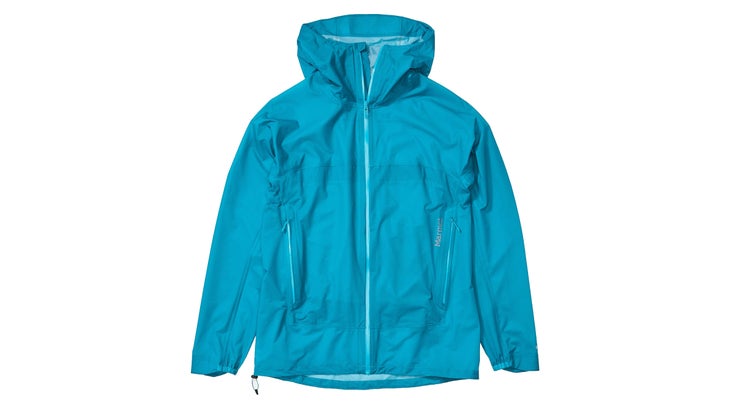
For adventures during shoulder season or on mild winter days, I always have a lightweight waterproof shell in the side pocket of my pack. This habit has served me well on days when I didn’t think I’d need a jacket, and when shoulder-season hikes and canoe trips turn unexpectedly wintery. It doesn’t offer as much protection as a full-blown hardshell, but thrown over other layers it’s just enough extra wind-and-weather protection to get me back to my car or tent. — Jonathan Beverly, Run Gear Editor
Electrolyte Tablets
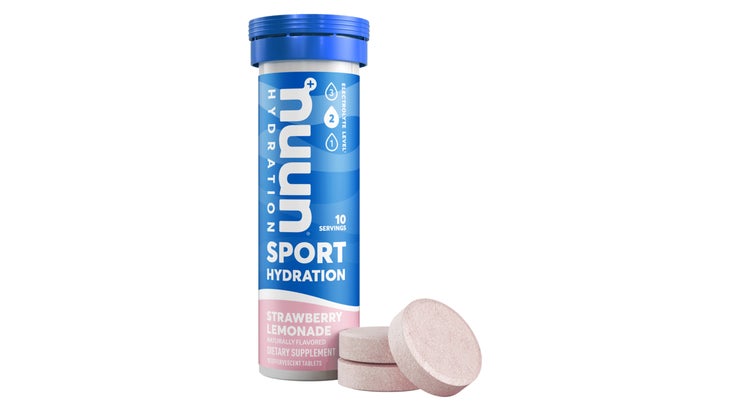
Remembering to drink is relatively easy on hot summer days, and much more difficult when it’s 25-degrees Fahrenheit and your hair has turned into icles of your own condensed breath. Some of my scariest winter experiences in the mountains have involved dehydration. Almost every time, I’ve had plenty of water left—I just forgot to drink it. Enter electrolyte tablets. They replace the vital minerals that humans lose when we sweat; they also taste good, and thus encourage you to drink more. One water bottle in my pack is always filled with electrolyte-enhanced sports drink. And I always have a few extra dissolvable tablets in my first-aid kit in case the day goes longer than expected and I feel the familiar dehydration chills coming on. — Ariella Gintzler, Associate Gear Director
Ski Straps
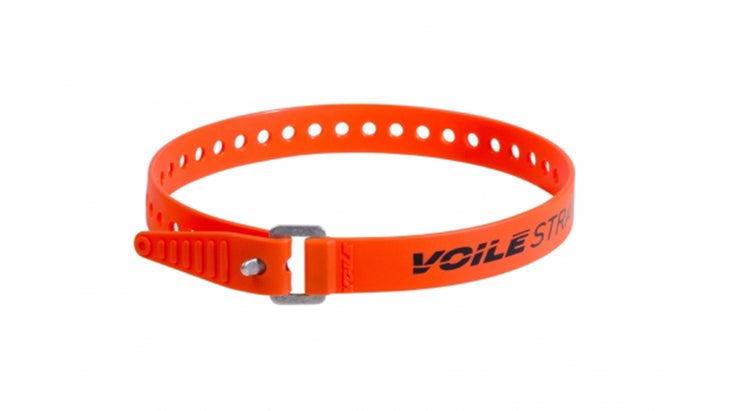
“It took an eight-mile tour and one faulty pair of hybrid bindings for me to vow to never head into the backcountry without spare ski straps. There’s little they can’t do. Broken backpack buckle? Slipping pants? Sudden need to fasten a splint out of branches? Ski straps to the rescue.” — Kelly Klein, ski and bike gear editor


